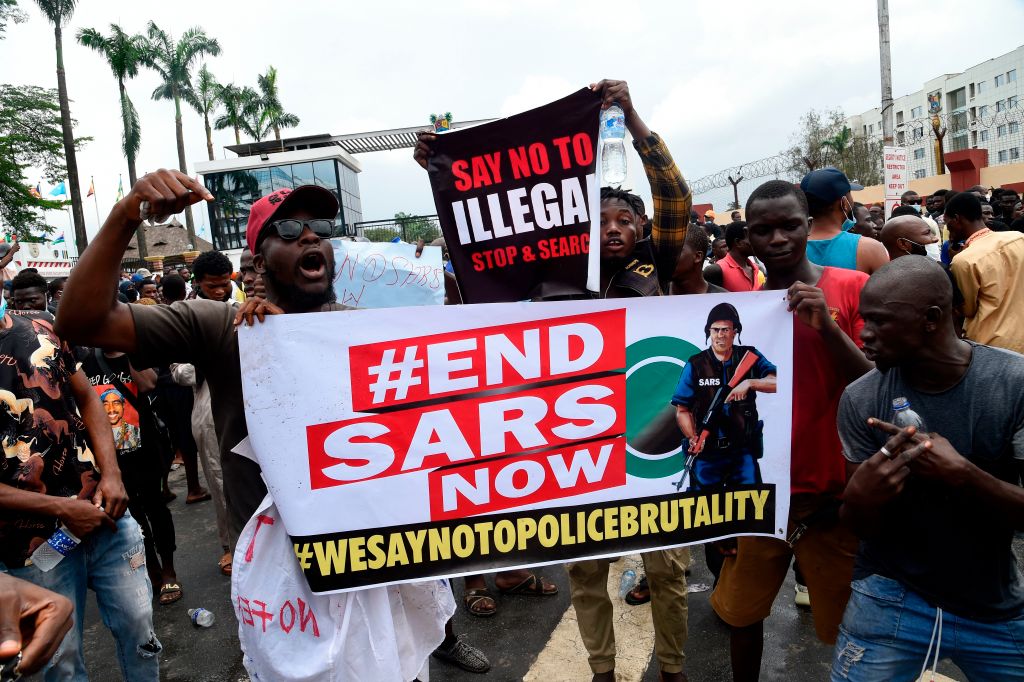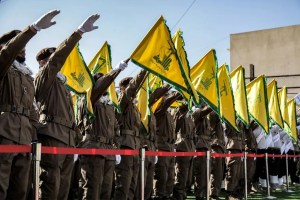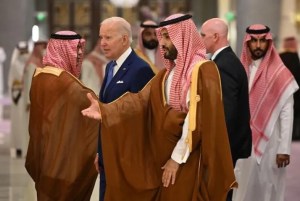Lagos, Nigeria
After years of torture, killings, illegal detention and extortion, thousands of Nigerian youth nationwide and in the diaspora are demanding an end to Nigeria’s Police Force Unit, the Special Anti-Robbery Squad (SARS).
The wave of protests started on October 8, after a video went viral that purportedly shows plain-clothed SARS officials killing a young man in Nigeria’s southern state of Delta. SARS officials reportedly gunned down the unidentified man and drove off in his luxury jeep.
Although authorities claim that the video was fake and arrested the man who filmed it, SARS brutality, which has festered for more than a decade in Nigeria, had reached a tipping point.
From Lagos, Nigeria’s commercial hub, the protests spread into other major cities in Nigeria and across Africa, the US and Europe. It sparked the viral global hashtag #EndSARS. World leaders, sports personalities and celebrities like Lewis Hamilton, Kanye West, Hillary Clinton and Democratic presidential candidate Joe Biden have shown solidarity by tweeting the #EndSARS hashtag.
The SARS police unit was established in 1992 in response to an epidemic of robberies, kidnappings and carjackings. While they curbed the lawlessness, SARS has effectively devolved into the same kind of group it had been designed to stop: an organized crime unit acting with impunity.
SARS officials profile young men — who wear dreads or have dyed blond hair, drive flashy cars like Mercedes Benzes, or use iPhones or MacBooks — as criminals or internet fraudsters. For SARS officials, these men are prime suspects.
Amnesty International has documented at least 82 cases of torture, ill-treatment and extrajudicial executions by SARS officials between January 2017 and May 2020.
‘The police authorities cannot tell anybody with a straight face that they have not been aware of the activities of SARS under their various jurisdictions,’ says Joachim MacEbong, a senior analyst at Lagos-based political risk analyst firm, SMB intelligence. ‘So why are SARS allowed to carry on with no check? The answer is simple: because some people benefit from it.’
For two weeks now, Nigeria’s young people, who are plugged into social media and online activism, have taken to the streets in protest.
The protesters barricaded important roads across the city, including the tollgate to the international airport in Lagos, to demand an end to SARS.
Unlike in the United States where protesters demand a defunding of the police, the #EndSars movement wants more resources devoted to helping Nigerian police as part of a police reform, presented as a list of five demands.
For Gen-Z and millennial Nigerians, the #EndSARS protest is a microcosm of bigger problems in Nigeria: bad governance, corruption and unemployment. In 2020, 21.7 million Nigerians are currently unemployed and the country’s universities have been closed for eight months.
The protests present an opportunity for angry youth accustomed to social media activism to vent pent-up anger against the Nigerian government.
‘I realized that in the past, we keep making noise on social media, and nothing is happening,’ says Ifeanyi Chineke, a graphic designer who joined the protests in Lagos. ‘So now we need to step it up by going to the streets.’
During the two weeks of protest across Nigeria, the government and its security agencies have responded to unarmed demonstrators with brute force. They dispersed protesters with water cannons, teargas and live bullets, killing at least 56 across the country since the protest started.
***
Get a digital subscription to The Spectator.
Try a month free, then just $3.99 a month
***
The government’s use of force culminated in the massacre of unarmed demonstrators on October 20, a day now referred to as ‘Black Tuesday’.
The Nigerian Army opened fire on citizens, hoisting the national flag and singing the national anthem while sitting side by side at the Lekki Tollgate grounds. The Army denies shooting, but an investigation by Amnesty International confirmed that the Nigerian Army and the police killed at least 12 peaceful protesters.
The Nigerian president, Muhammadu Buhari, gave an impassioned speech last week that critics felt lacked empathy for the dead and failed to show his administration’s plans to address police brutality and reform the police force. Meanwhile the protests continue.


















